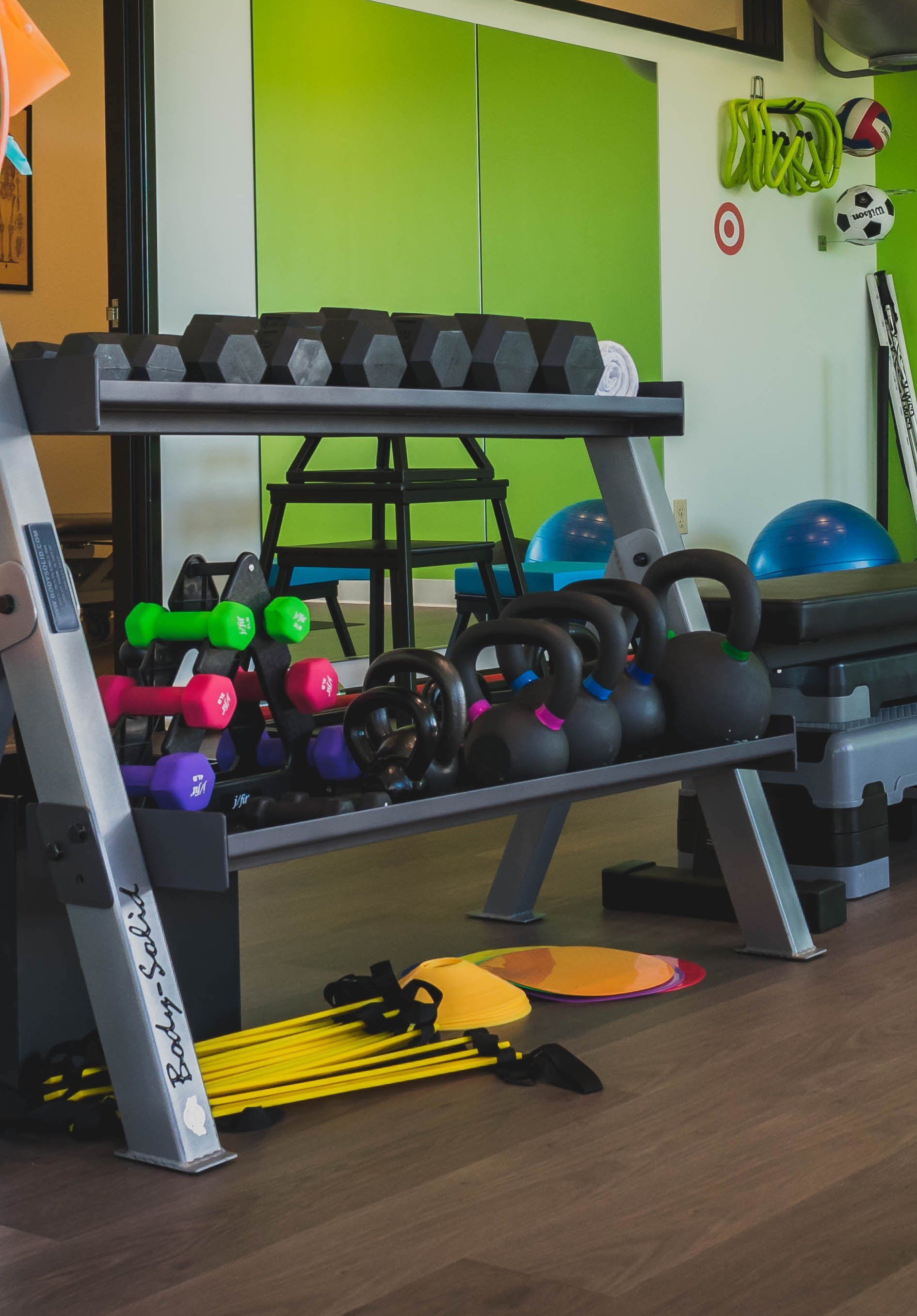Meniscus Injury
Meniscal and Articular Cartilage Injuries: Causes, Symptoms &Treatment
The meniscus rests between the tibia (shin bone) and femur (thigh bone). Each knee joint has two meniscus’ that act as a cushion for the knee in addition to helping with stability and movement of the knee. The articular cartilage is the smooth surface at the end of a bone that allows for movement to occur within the joint. Trauma to either the meniscus or the articular cartilage can disrupt the natural movement and function of the knee joint. Interestingly enough, there can be defects within the meniscus and the articular cartilage without any signs or symptoms.
Symptoms of Meniscal And Articular Cartilage Injuries:
- Popping, catching, and/or locking of the knee joint
- Pain with weight bearing activities
- Pain with end range flexion and/or extension of the knee
- Swelling around the joint
Possible Causes Of Meniscal And Articular Cartilage Injuries :
- Quick or sharp lateral movement resulting in knee buckling inwards
- Twisting motion at the knee with a planted foot
- Landing with knee fully extended causing knee to hyperextend
- Being hit on the side of your knee causing an inward buckling of the knee
Things To Try Prior To Surgery Or If You Are Not A Surgical Candidate:
- Specific exercises as indicated for thigh and hip weakness
- Balance and stabilization exercises for the knee
- Modalities as indicated for swelling and pain
- Midline/core stabilization and strengthen exercises as indicated
- Progression of movements is quality based. As you demonstrate greater competency and capacity to do the movements they need to be progressively more challenging
- If you do proceed with surgery your surgeon will likely have a specific post-op protocol for you to work on with your rehab team
Every individual and every episode of knee pain is very unique. The treatment suggestions listed above include several options to try and see how they may improve your situation. In addition, a thorough evaluation by a physical therapist can help identify specific features about your condition and how to best manage them. Understanding as much as possible about your current condition is a very important aspect of the recovery process and will empower you to take the necessary steps to get back to your normal activities with as little discomfort as possible.
